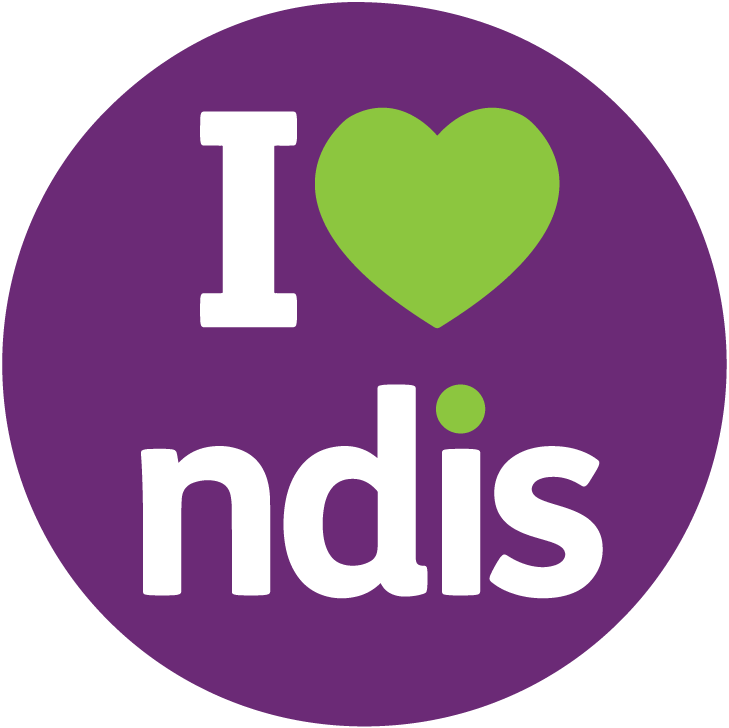Within the scope of National Disability Insurance Scheme (NDIS) care plans, exercise physiology has emerged as an instrumental pillar in helping participants achieve their wellness and independence goals. This therapeutic discipline, while perhaps not as widely recognised as physical therapy or occupational therapy, can bring life-changing benefits.
In this article, we’ll explore the world of exercise physiology, its role in NDIS care plans, and how it can transform lives.
Demystifying Exercise Physiology
Exercise physiology revolves around understanding the body’s responses to physical activity and using this knowledge to maximise human performance, improve health, and treat various medical conditions. Exercise physiologists (EPs) are university-qualified allied health professionals who utilise evidence-based exercise interventions to prevent or manage chronic disease and injuries.
Role of Exercise Physiology in NDIS Care Plans
NDIS recognises exercise physiology under the support category of “Improved Health and Wellbeing.” This inclusion acknowledges the integral role exercise physiologists play in assisting NDIS participants to improve function, independence, and quality of life. Here’s a deeper look at the role of exercise physiology in NDIS care plans:
1. Personalised Exercise Programs:
Exercise physiologists create tailored exercise programs based on the participant’s unique needs, goals, and current health status. These programs might include cardiovascular exercises, strength training, flexibility exercises, balance activities, or a combination thereof.
2. Chronic Disease Management:
For participants living with chronic conditions such as diabetes, cardiovascular disease, or arthritis, an EP can help manage the condition through a personalised exercise regimen, fostering overall wellbeing and preventing secondary complications.
3. Rehabilitation:
EPs can support recovery from injuries or surgery, helping participants regain strength, mobility, and function through carefully structured exercise programs.
4. Prevention:
By promoting healthy lifestyle changes, EPs can help participants prevent the onset of certain conditions, such as obesity, heart disease, or type 2 diabetes.
5. Education:
EPs educate participants about their bodies, their health conditions, and how exercise can help, empowering them to take active roles in managing their health.
The Life-Changing Benefits of Exercise Physiology
The power of exercise physiology extends beyond the physical realm. Indeed, its impact can be transformative:
1. Enhanced Physical Health:
Regular, structured exercise can improve cardiovascular health, muscular strength, flexibility, balance, and overall physical function.
2. Boosted Mental Health:
Exercise is a proven mood-booster, helping to reduce symptoms of anxiety and depression while enhancing self-esteem and cognitive function.
3. Improved Independence:
By increasing strength, endurance, and mobility, participants can enhance their ability to perform daily tasks independently, boosting their quality of life.
4. Social Engagement:
Group exercise programs offer a chance for social interaction, fostering a sense of community and shared experience.
5. Long-Term Health Management:
The skills and knowledge gained from working with an EP can empower participants to maintain their health and wellness long-term.
The Journey Forward: Inclusion of Exercise Physiology in NDIS Care Plans
Inclusion of exercise physiology within NDIS care plans heralds a significant stride in providing holistic, comprehensive care for participants. EPs, with their in-depth understanding of the body, movement, and the power of exercise, can help NDIS participants navigate their health journey, bringing transformative benefits that resonate far beyond the therapy room.


